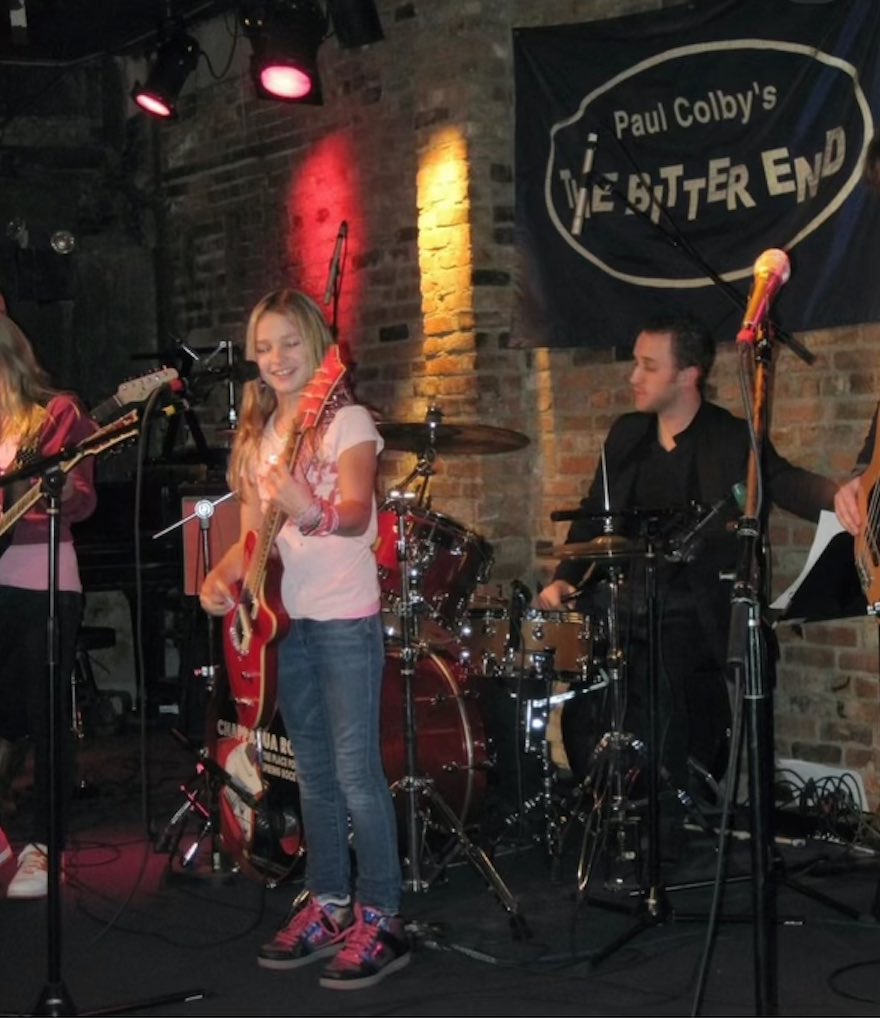In this insightful interview, we sit down with Vocalist and Producer JiLLi to discuss the role of vocals in Electronic music and her approach to singing and vocal production, in our conversation, she shares her thoughts on the importance of vocals in enhancing Electronic music productions, while shedding some light into her creative process for writing melodies and recording vocals, highlighting the importance of focusing on emotional delivery.
JiLLi also talks about her influences and development as a vocalist, mentioning her experiences growing up and her mentors’ impact.
Join us as we learn more about JiLLi’s journey and her take on the importance of vocals the Electronic music production.
Hi JiLLi, how are you?
I’m great! happy to be here 🙂
How long have you been singing?
My mom got me my first guitar when I was six years old, I’ve loved singing and writing songs since then!

How important would you say is the role of vocals in Electronic music? What about their presence do you feel adds to a production?
The way a vocalist can express emotion through lyrics, tone, and delivery embellishes Electronic music with a whole new layer and adds a sense of story. It’s so powerful how the two pieces work together to create a whole experience, while establishing relatability and memorability that we can connect with.
When it comes to writing melodies and toplines, do you have a usual workflow or does your process change each time?
Most of the time, I start the process by catching a vibe and getting some lyrical words or ideas into mind before diving into the vowel / melodic approach. It allows more conversational and pocketed ideas to flow naturally for me, which I really love. The process always ends up looking a little different each time.
What is your process for recording vocals? What are some of your go-to techniques?
You can tune and fix leveling all you want, but there’s not a knob for emotional delivery so that’s what I focus on the most. Texture and nuances. When you hear the right take, you just know… Also, a good headphone mix goes a really long way. If you get a solid take on the mic, you’ll have to do a lot less afterwards. I also love to dial in a plate reverb.
You are known for a diverse and varied vocal quality, can you tell us how you have developed your technique to be able to sing in a range of different tones suitable for an array of productions? Are you a self-taught vocalist, or was there a mentor that guided your development?
Growing up my guitar teachers had a big impact on me. They saw my love for writing songs and singing, so they leaned into that and taught me different chord progressions so I could write songs too. I also went to an after-school rock band program that helped me explore tons of genres and work with talented kids around my age. I grew up outside of New York City so we got to perform at these iconic venues. I remember Bitter End was one of my favorites. What an era! Camp Rock vibes, I smile thinking about it. I’m so grateful to my mom for fully embracing my passion.
My vocal tone developed from a mix of inspirations I had growing up. Watching my favorite artists develop different sounds in their career showed me there are no limits to creativity, what makes these artists timeless is their ability to step outside of their comfort zone. Cohesiveness comes from the fact that the music came from your soul’s artistic expression, and with that mindset, the doors of opportunity are endless.
What’s your take on vocal production, are there any processes that are part of your usual workflow?
I think finding a vocal chain that you really love and that matches the production is so important. Playing with warp modes and different audio manipulation or pitch envelopes have been things I always tend to do for FX, too.
Do you have any favorite vocal effects that you like to use within your samples?
I love stacking formant, shifting octaves and using space and dissonance to create lots of tension and release. I never bounce without a CLA 76 on my vocal. It gives such a warm color that universally just saturates my vocal tone well. In my new pack we used Raum reverb for a lot of the wet FX.
Are there any other vocalists in Electronic music that are an influence or inspiration to you?
I fell in love with vocally driven EDM because of Chelsea Cutler.
Are there any techniques or styles that you would like to incorporate into your vocal lines in the future?
I’m excited to continue expanding my sound, I’m always exploring new genres and stylistic approaches the more I collaborate with other artists and am exposed to new music!
We thank JiLLi for her time and openness to share her vision and experience in the Electronic music production word, as well as, her ideas behind crafing her sound and the importance of vocals in Electronic music. Be sure to keep an eye out for this talented Producer and Vocalist, as she surely promises more music and projects on the way.
JiLLi Online



